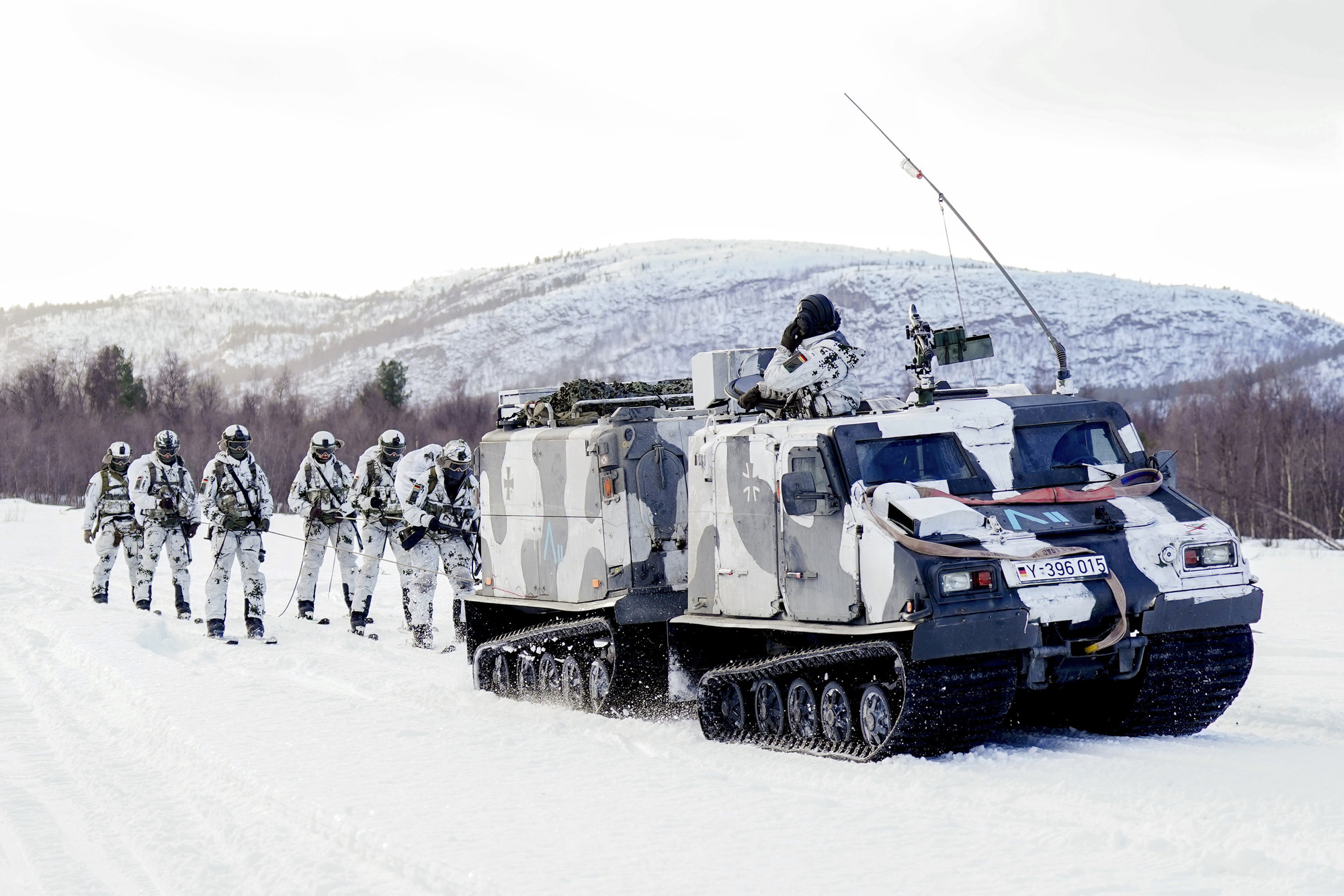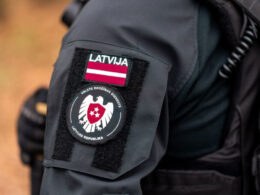Russia has maintained and updated its plans for a potential multi-front offensive against NATO's eastern flank, including Finland, Norway, and the Baltic states, according to intelligence sources who spoke to Iltalehti, a Finnish newspaper.
The primary concern for NATO is not whether Russia will attack, but when and where it might test NATO's Article 5 commitment to collective defense.
While Russia's main ground forces are currently engaged in Ukraine, NATO sources indicate that Russia maintains the capability to amass an attack force of up to 600,000 soldiers along the Baltic and Finnish borders, according to Iltalehti.
Swedish Armed Forces Commander Micael Bydén confirmed to Iltalehti that intelligence services assess Russia could attack Baltic Sea region countries in the coming years.
US Vice Admiral Douglas Perry, who led the Nordic Response exercise involving 20,000 troops in March, also identified Russia as a direct threat to the region.
Finland's defense policy report indicates that any Russian aggression would likely include missile strikes against civilian targets, following the pattern observed in Ukraine, where Russia has targeted critical infrastructure and population centers to achieve political objectives.
The report also notes that "large-scale, long-term, and high-intensity warfare has returned to Europe."
In what directions could Russia attack?
According to NATO sources, the Russian strategy includes three main thrust lines.
In the north, the 14th Army Corps would launch an amphibious and land assault from Murmansk toward Norway's coast, while deploying airborne units to capture strategic locations in Finnish Lapland, including Ivalo airport. Their goal would be to establish a buffer zone in Northern Lapland and Finnmark
The 44th Army Corps would target Finland's southern coast and southeastern regions to control the Gulf of Finland's northern coast.
The 6th Army would attempt to break through Estonian and Latvian defenses toward their capitals - Tallinn and Riga. Russian forces would advance through Belarus toward Lithuania. The goal would be to secure the Suwalki Gap between Kaliningrad and Belarus.
This plan was practiced during Russia's 2017 Zapad exercise and remains active, with the intelligence suggesting Russia aims to establish buffer zones and potentially restore "historical territories."
Vladimir Putin stated in December that Russia has "sufficient forces and means to restore all its historical territories."
NATO prepares for warfare with Russia
NATO has responded to these threats with large-scale military exercises in the region. The Nordic Response exercise demonstrated the alliance's capability to defend its northern flank, with Vice Admiral Perry emphasizing their readiness to "repel Russian invaders" if necessary.
The alliance significantly revised its regional defense strategy, abandoning its previous "tripwire" approach. The new strategy prevents any Russian territorial gains and includes provisions for strikes within Russian territory if necessary.
"From the war in Ukraine, we've learned that Russians must not be allowed to capture territories and fortify them," a NATO source told Iltalehti.
NATO exercises also include British and Estonian forces practicing tank counterattacks in Estonia, US and British marines conducting amphibious landing exercises in Latvia, and Finnish forces preparing to destroy bridges to prevent Russian armor advancement.
Estonia is also currently developing a 40,000-strong NATO division with British and French support.
NATO intelligence sources express particular concern about Russia's willingness to accept massive casualties, suggesting that Russian leadership might attempt military action despite the potential loss of hundreds of thousands of soldiers.
The sources emphasize that a Russian attack is considered inevitable rather than merely possible.
"Human life has no value to them. It's not about if Russia attacks, but when they try to attack. It's certain they will try to surprise us. Surprise is part of Russia's strategic culture," one source said.
The situation is further complicated by China's continued support for Russia, making the future security environment increasingly unpredictable. The alliance emphasizes its need to prepare for high-intensity warfare against a nuclear-armed state.
Related:
- NATO boosting presence in Baltic Sea after Russia damaged cable, Estonia confirms
- Finnish probe uncovers kilometers-long anchor drag marks in Baltic cable damage
- Pro-Russian hackers target Italy’s Foreign Ministry and Milan airports
- Britain imposes largest sanctions package against Russia’s shadow fleet
- North Korean troops in Russian uniforms could reach NATO borders, warns Zelenskyy’s top aide




